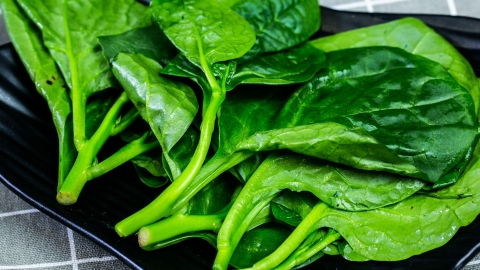Can I eat black fungus vegetable after eating lamb?
Generally speaking, it is safe to consume lamb with Malabar spinach (Basella alba), but overconsumption should be avoided. Detailed explanation is as follows:

Both lamb and Malabar spinach are healthy foods. Lamb is rich in protein, iron, zinc, other minerals, and B-complex vitamins, whereas Malabar spinach is high in dietary fiber, calcium, iron, and various vitamins. Combining the two in a meal does not cause adverse reactions. The dietary fiber in Malabar spinach helps promote gastrointestinal motility and may even aid in the digestion of lamb.
However, excessive consumption may burden the digestive system, as the protein in lamb and the dietary fiber in Malabar spinach can become difficult to digest, possibly causing discomfort such as abdominal pain and bloating. People with weaker gastrointestinal function should especially pay attention to eating these in moderation. Additionally, if lamb is improperly cooked or undercooked, consuming it together with Malabar spinach may increase the risk of food poisoning.
In daily diets, balanced intake of various foods and attention to food pairing can better meet the body's nutritional needs and promote health.






